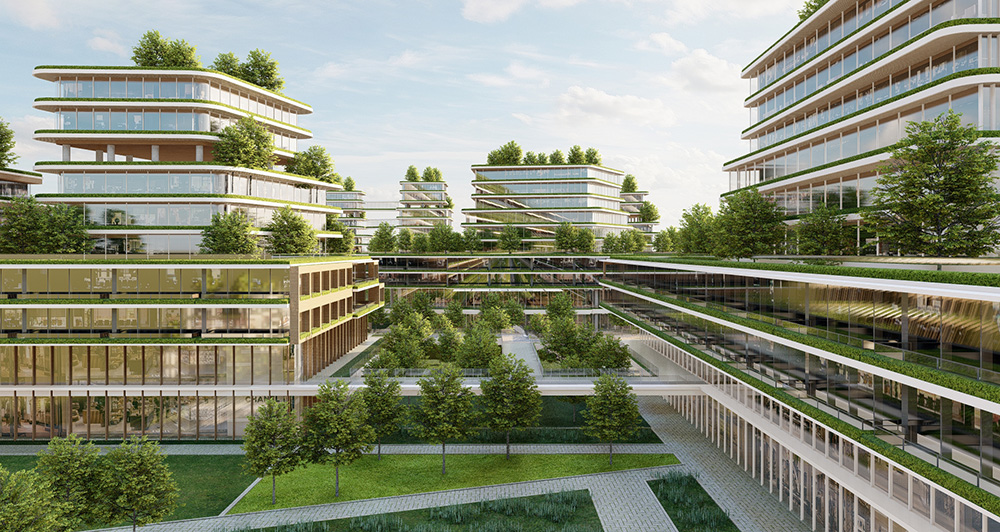
San Miguel Corporation, the country’s biggest conglomerate, has released images of what it calls a master-planned, green-designed, future-ready new city built around the P740-billion, 2,500-hectare New Manila International Airport (NMIA) project straddling the coastal districts of Taliptip and Bambang in Bulacan.
These renders, brought to life by the rich minds at Palafox and Associates, show a very modern, environment-friendly, and future-proof city that will utilize the latest in green technology, delivering wide open spaces with low density and low congestion while providing alternate transportation modes.
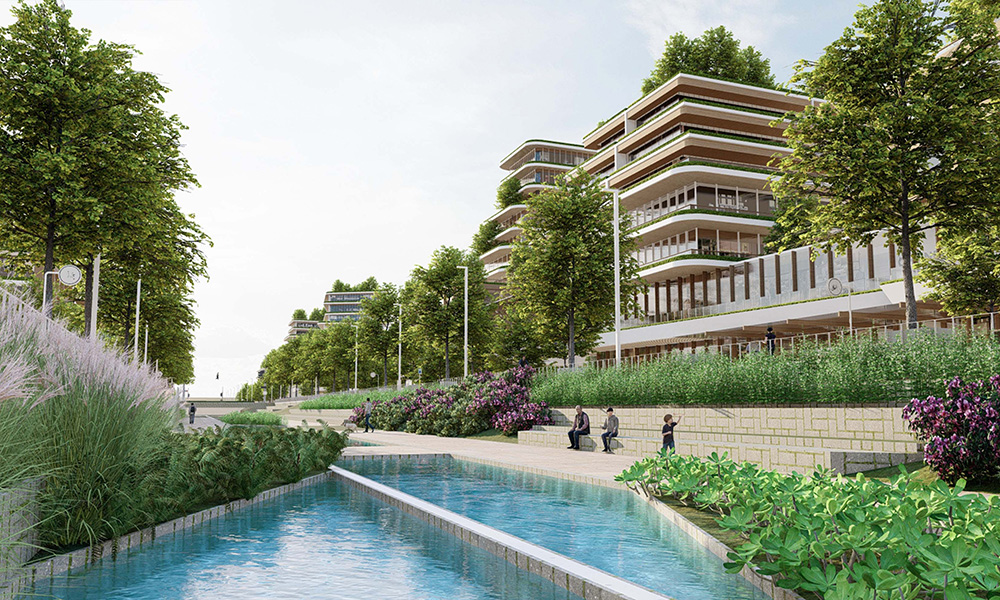
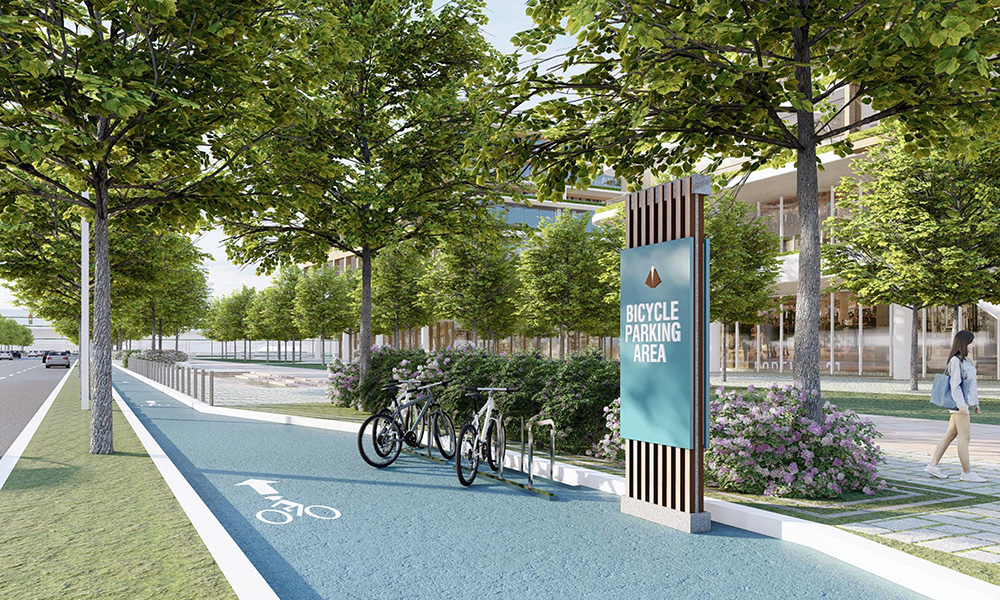
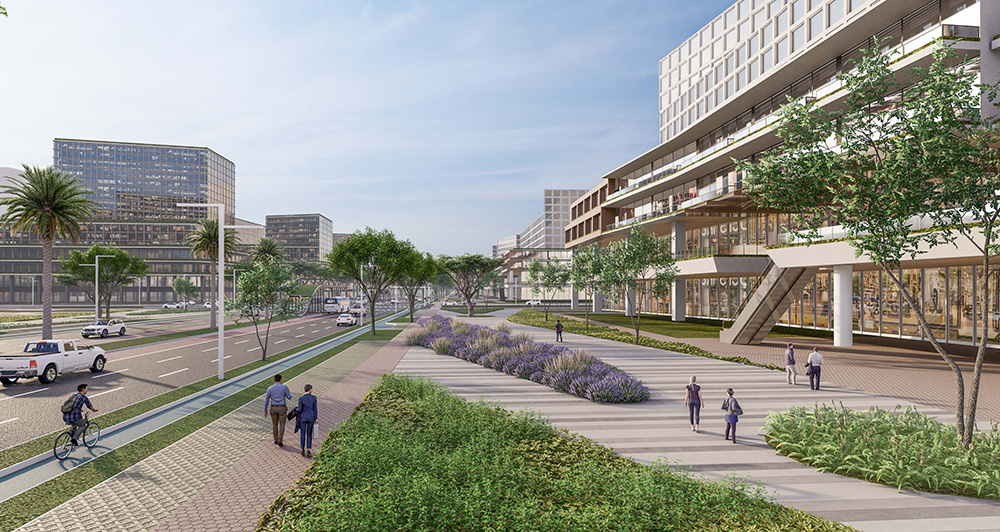
The Aerocity project will use renewable energy sources like wind, wave and solar energy to power the city of the future. It will be a walkable and bicycle-friendly city, encouraging more people to leave their cars at home and enjoy the clean and fresh outdoor coastal environment.
Think of the high-tech Odaiba district in Tokyo or the aptly named Minato Mirai 21 district in Yokohama, and you get a better idea of how things will be. SMC promises that the reality will be very close to—if not better than—these renders.
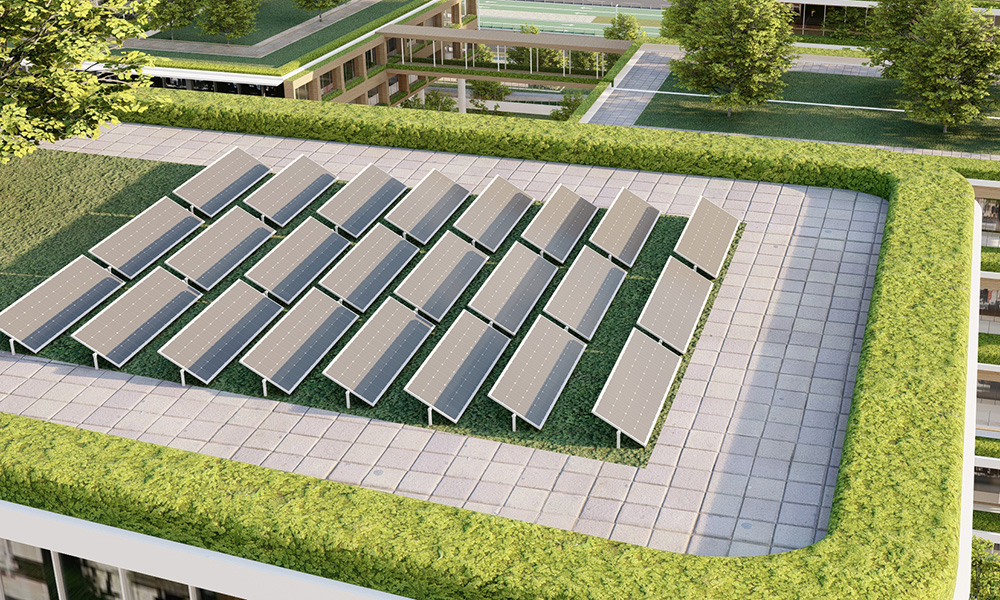
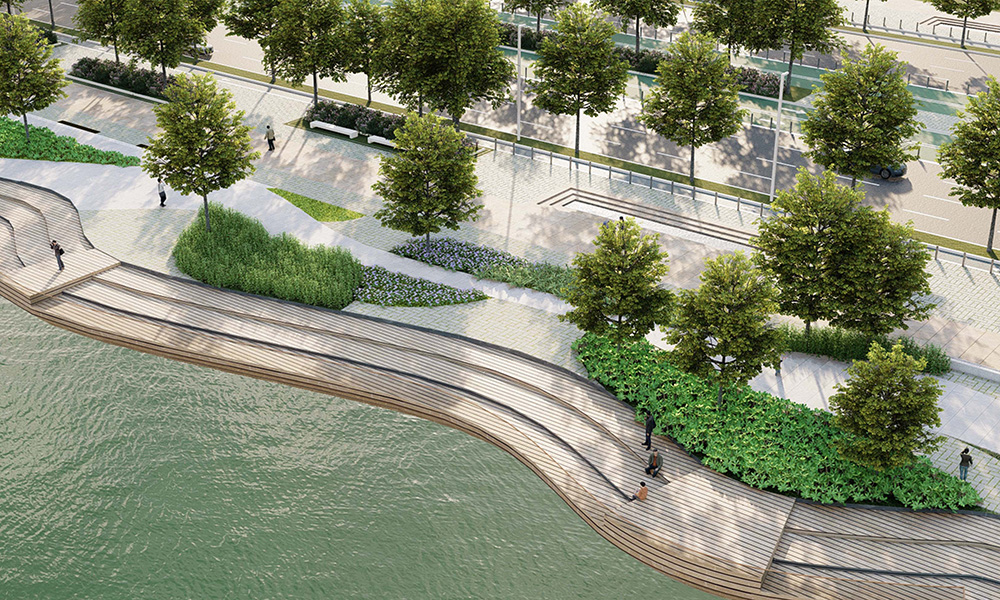
The surrounding areas will benefit from SMC’s massive mangrove reforestation efforts, with almost 200,000 mangrove seedlings being planted to save the environment, prevent flooding, and bring sustainable wildlife back into the area, reviving the local ecosystem.
These will be protected nature reserve areas since their existence will safeguard the new Aerocity’s safety and stability. The tributaries and rivers coming from Metro Manila and the highlands east of the capital and emptying out westward to Manila Bay will also be dredged and desilted to improve flood control not just in Bulacan, the NMIA, and the Aerocity Project, but in Metro Manila as well.
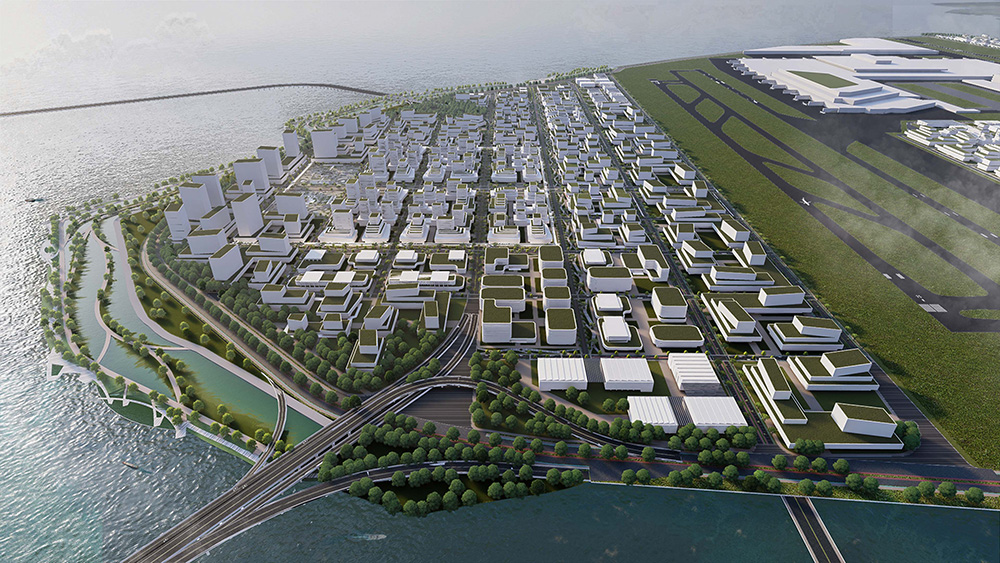
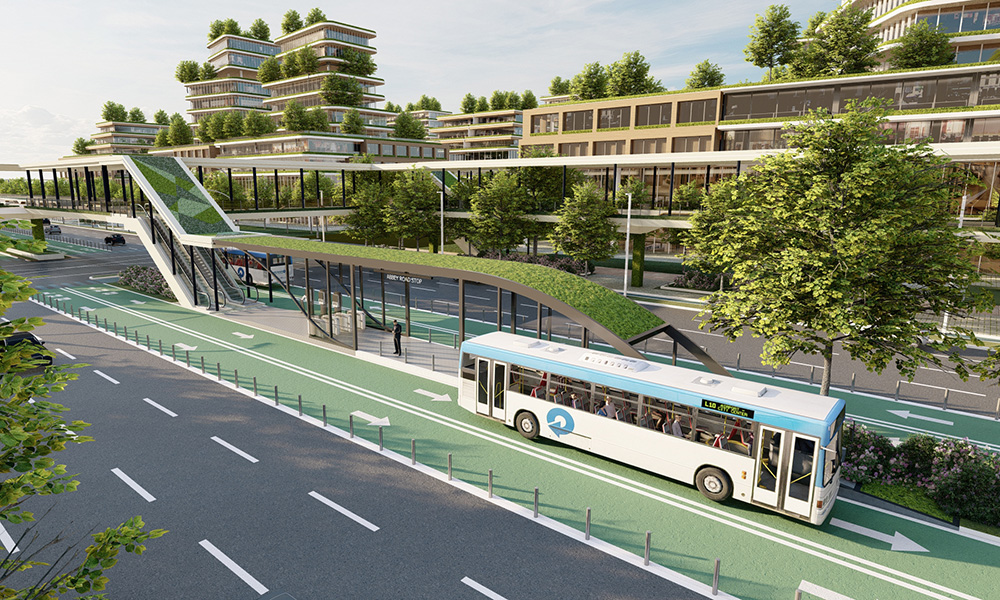
An expressway and a railway system will connect the Aerocity and the NMIA to the rest of the National Capital Region and the provinces further north as mandated by government for providing SMC the permit to build and operate the NMIA. The initial phase of the airport’s development will see a brand-new and world-class terminal facility with four parallel runways and a supporting hangar complex.
The New Manila International Airport will be the center of commerce and activities in the Aerocity Project, as SMC envisions it to become the country’s premier gateway into and out of the entire country. It is expected to capture the vast majority of flights both local and international to decongest the Ninoy Aquino International Airport that straddles Pasay and Parañaque.
More land will be reserved for more terminals and more runways as air travel volume increases. To date, the NMIA is one of the biggest medium- to long-term investments being made into our country by a single entity. The investment for the Aerocity itself represents a separate portfolio for the conglomerate.
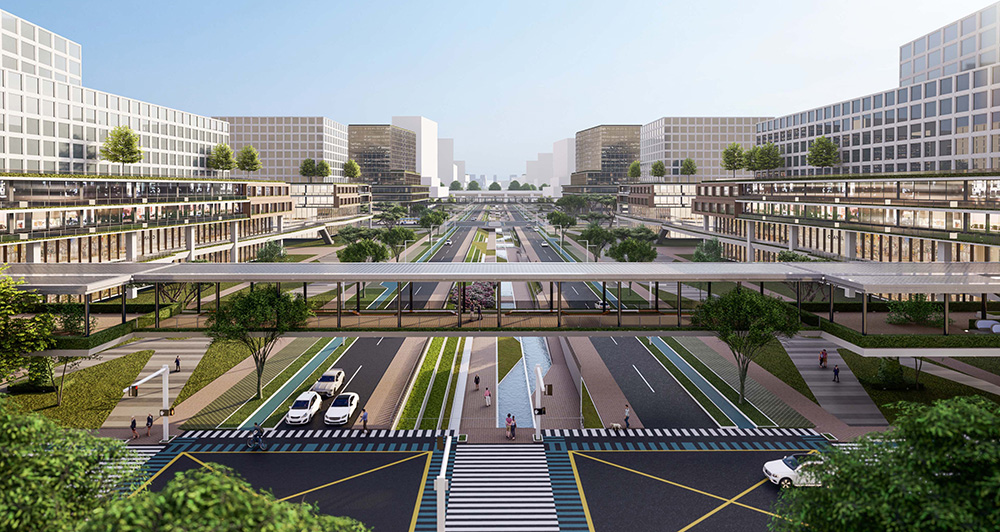
It will truly be a city of the future with properly zoned areas and districts for commercial, residential, industrial and agricultural purposes. Building codes and structural or design standards that are above and beyond the country’s current standards will be used, specifically resistant to the ravaging effects of earthquakes, flooding/typhoons, and other calamities.
SMC president and COO Ramon S. Ang says that the Aerocity Project will avoid many of the pitfalls and the mistakes current cities in the country suffer from. SMC expects no government incentive on its NMIA project alone, providing no added burden to the Filipino taxpayer. SMC says the NMIA alone will generate a million new jobs for the country’s young and capable workforce. The jobs generated by the Aerocity Project will add more to the tally.
To date, the Philippine Statistics Authority says that there are 3.27 million jobless Filipinos in 2021, so new jobs cannot come soon enough as we recover from the pandemic. If Metro Manila just feels too constricting for you but you can’t exactly let go of the urban hustle and bustle, consider moving to this city of the future.




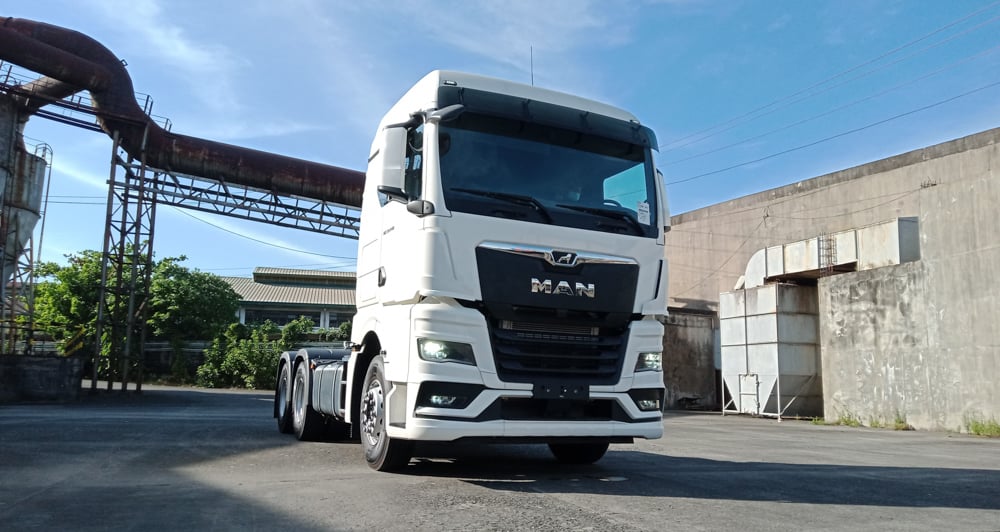
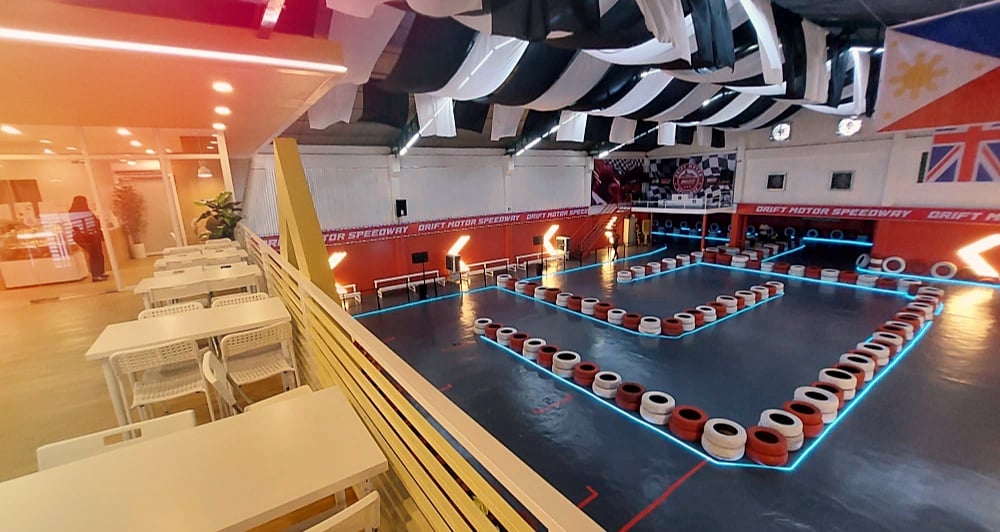
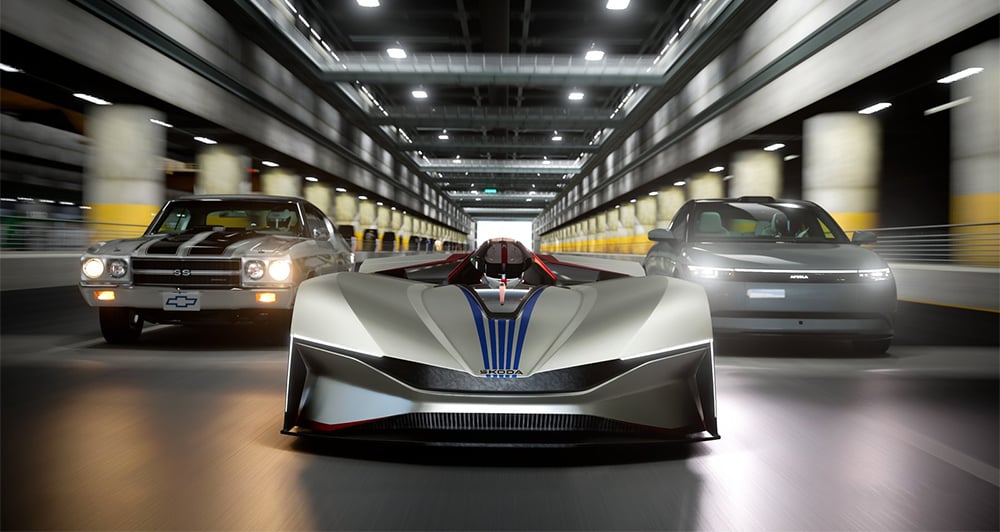

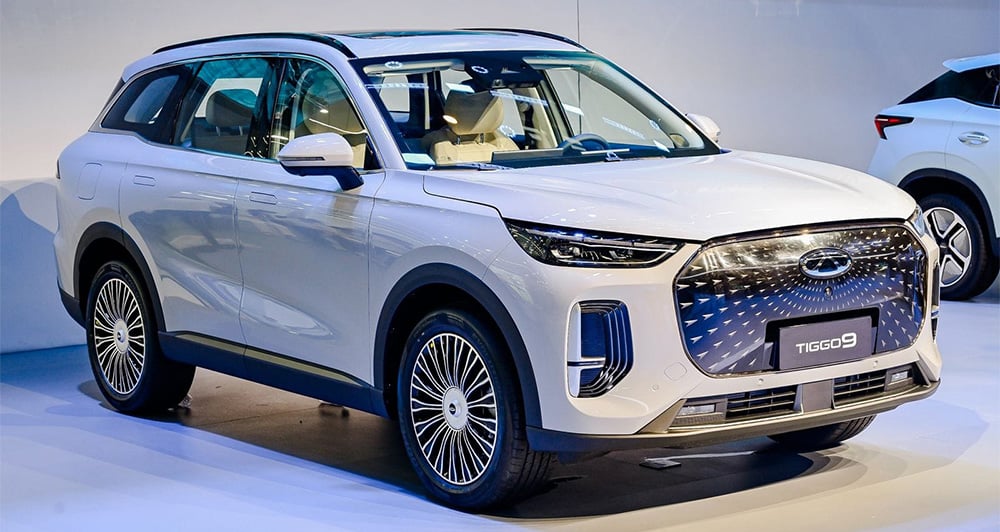


Comments